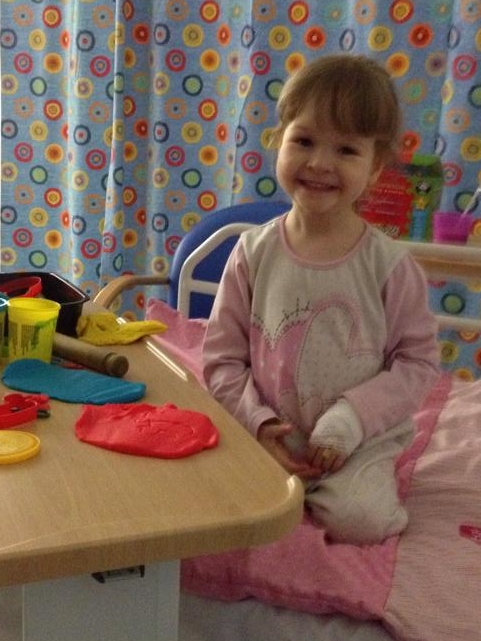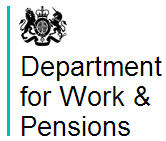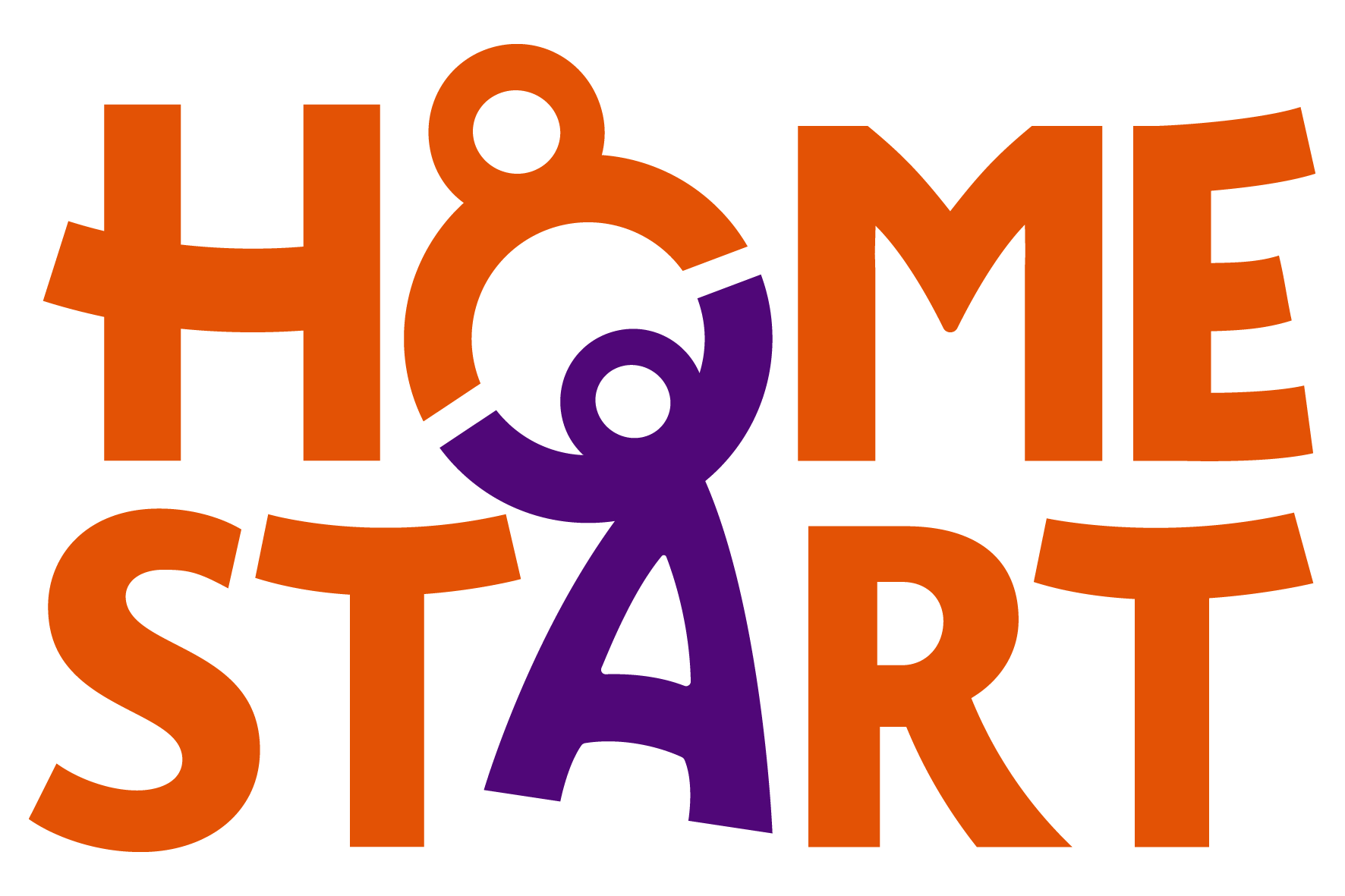In This Section
IIH and Children

Hearing that your child has been diagnosed with Idiopathic Intracranial Hypertension (IIH) can be a worrying time for parents. IIH is a rare neurological condition affecting around 1:150,000 children and less than 60 children are diagnosed with the condition each year in the UK. It is thought that the total number of children with IIH in the UK is in excess of 800. There is no difference in the rate of IIH by gender in children but 50% of female children seen in 2011 were obese.
Some children are often too young to report their symptoms adequately and can present with many nonspecific symptoms such as mood swings and more. Although many children have symptoms in common, each child is an individual and should be treated accordingly.
IIH UK can help you get in-touch with other parents. Please email info@iih.org.uk for further details.
Diagnosis and Treatment
Children are diagnosed much in the same way as adults - please see our diagnosis page here. To make the lumbar puncture less traumatic, children generally undergo lumbar punctures under general anaesthetic by x-ray guidance. The treatment offered is usually the same as an adult, the side effects from medication such as Acetazolomide can be upsetting for young children and, along with adults, a percentage will be unable to tolerate it. Ensuring your child drinks plenty of fluids whilst taking diuretics can help ease medication side effects. In addition, try to ensure that your child eats a healthy diet with plenty of potassium rich foods as this can help eliminate pins and needles which is often a side effect of Acetazolomide.
Weight
We know that over 90% of adults diagnosed with IIH are overweight women, suggesting that there is a link between obesity and IIH, but unlike adults, IIH affects boys and girls in more equal numbers. We know from a study undertaken in 2011 that half of the girls diagnosed were found to be obese. Does this also suggest that a link may also exist between IIH and obesity in children? The truth is no one knows if carrying excess weight causes IIH but we do know from recent (adult) studies that weight loss is an effective treatment to reduce papilloedema (swelling of the optic nerves) and headaches and for many adults, putting IIH in to remission. For most children with IIH, excess weight will not be an issue but for those that are overweight seeking the advice of a dietician with the aim of achieving a normal weight for their gender, age and height may help with IIH symptoms. It is very important for those children who are overweight to know that they have not got IIH because they are overweight. Also, that losing weight could improve their IIH symptoms and maybe even help it go away all together.
An e-print of a paper published in 2017 titled 'Pseudotumor cerebri syndrome in childhood: incidence, clinical profile and risk factors in a national prospective population-based cohort study can be found here.
Family Life
IIH can sometimes cause children to suffer broken educations and their siblings are adversely affected spending time with parents visiting hospital. IIH UK have teamed up with ‘Young Sibs’ to produce a page for siblings of children with IIH.

Education
All children should be encouraged to attend school when well enough to do so. Many parents tell us that their children with IIH report problems with sleep and some are affected by sleep reversal. With tiredness and lack of sleep, some children with IIH find it difficult to function in the morning - discuss this with your child's school. Sometimes your child may be too ill to attend school. If this is the case your child's school has an obligation to find an alternative way to provide support to make sure their education does not suffer.
The school should: a) Have a policy and person responsible for pupils who can't go to school for health reasons. b) Let the local council know if your child is likely to be away from school for more than 15 school days. c) Give the local council information about your child’s needs and capabilities and a programme of work. d) Help them reintegrate at school when they return. e) Make sure they’re kept informed about school events and clubs. f) Encourage them to stay in contact with other pupils (eg through visits or videos).
Your child's head teacher can tell you what medical support is available at the school and how to access any medication your child needs whilst they are at school. School staff do not have to help your child with their medication unless they’re employed to do it, like healthcare assistants. However, if they do help, they should get proper training to do so.
If your child gets sick whilst at school, the school by law, have provide a space where they can go.
It is your local Council's responsibility to make sure they get as normal an education as possible. This could include arranging: Home teaching, a hospital school or teaching service, a combination of home and hospital teaching.
Local councils should have a senior officer in charge of the arrangements and a written policy explaining how they’ll meet their responsibilities.
The local council is also responsible for making sure your child:
Isn’t without access to education for more than 15 working days. Has access to education from the start of their absence if it’s clear they’re going to be away from school for long and recurring periods. Gets an education of similar quality to that in school. Gets their minimum entitlement of 5 hours teaching per week, as long as their health allows.
You can find your local council here.
Benefits

Disability Living Allowance is a benefit awarded to children under the age of 16. DLA is based on how the illness affects your child and not the illness itself. It is made up of two components, care and mobility, your child’s disability or health condition must mean one or both of the following apply:
They need more looking after than a child of the same age who doesn’t have a disability.
They have difficulty getting about.
They must have had these difficulties for at least 3 months and expect them to last for at least 6 months. You can read more about it here.
For those 16 and over DLA has changed to a new benefit called Personal Independence Payment (PIP). You can read about it here Once your child reaches the age of 16, in they eyes of the DWP they are deemed as capable of taking care of their own affairs which means they are expected to fill out their own forms. For some 16 year olds with IIH this will not be possible, if your child is in receipt of DLA you will receive a letter leading up to their 16th birthday which explains the changes and you are given the opportunity to become their legal DWP representative, this usually includes a home visit from a DWP representative.
If your child is diagnosed at age 16 or older then you are still able to become their DWP representative, you can read more about it here.
If your child is awarded DLA at the middle or higher rate care component or the daily living component of PIP you may qualify for Carers Allowance. You can read more about this here.
IIH UK have benefit guides available for members, see our membership page for details.

Home-Start helps families with young children deal with whatever life throws at them. Coping with a child who has a long-term illness or a physical disability can be a life-changing experience. And parents who are dealing with their own medical condition can find life a real challenge. That’s why Home-Start steps in. Our volunteers will support families - from receiving a diagnosis, through attending hospital appointments, to seeking financial help for medical equipment or to adapt their homes.








